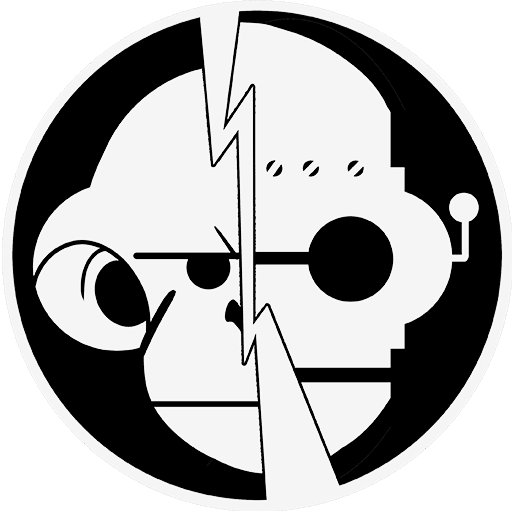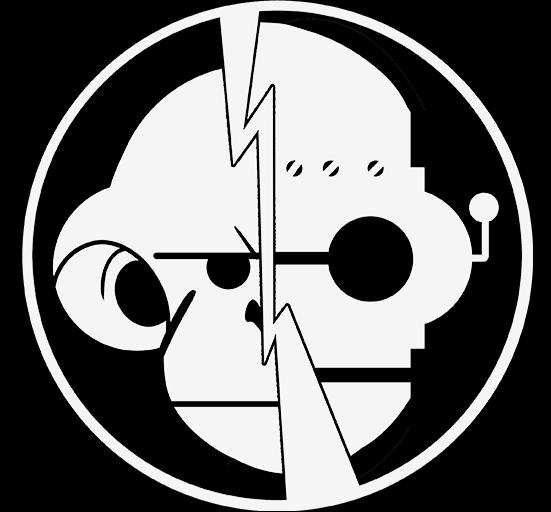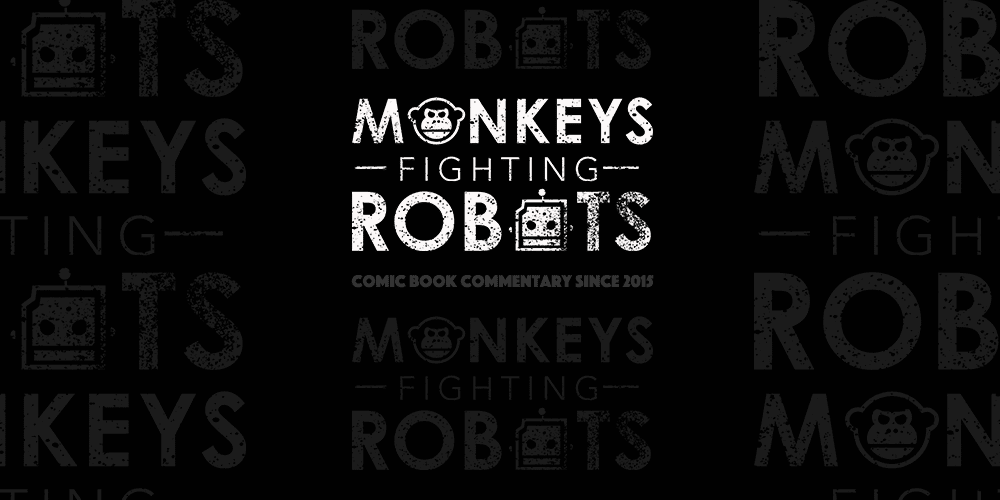Composer Mac Quayle creates the audio themes behind hit shows like Mr. Robot and American Horror Story. Quayle also provides the musical stylings for The Assassination of Gianni Versace: American Crime Story and the new series 9-1-1. But before all this TV there were dozens of films and dance albums. We spoke with Mac Quayle about his career in music and making what it’s like making music for television.
“That’s music’s main job, to help express
the emotionsthat the storytellers want.”
Mac Quayle wasted no time getting into music. “I’ve been involved in music since I was very young. My first thing was in the church choir when I was six years old. There was a long journey from there. Piano lessons, high school band or orchestra, some rock bands.”
After high school, Quayle made his first big move. “I ended up in New York City. I was going to college there, but I got an internship at a recording studio.” The path ahead sped up for, Mac. “ It pretty quickly turned into the beginning of my career in the music business.” If you listen close enough to some of the ominous tones and synth-infused sounds from some of his compositions, Mac’s early music career was very different from where it is now. “I was very involved in making dance music in New York for many years as a musician, a producer, and a remixer. I kind of look at that as my first career.”
“Most of the work that I’ve done with these television
shows have been digital instruments.”
The next big move was on the horizon for, Mac. “In the early 2000s, the music industry was having its first downtown. Sales were going down for the first time in history. There was a lot of turmoil. I thought it was a good time to move on and look for something else.” In 2004, Mac moved across the country to Los Angeles with “… kind of a vague idea of getting into scoring.” Success is never instant, even if it seems that way. Two years went by before Mac “… landed my first job as an additional composer on a TV show called Cold Case.”
Success is a combination of opportunity met with skill. “I had all that I learned from the music industry. Knew my way around a studio. I was taking a lot of those same skills and applying them to film and television.”
From Cold Case, Mac scored 12 films as an additional composer under Cliff Martinez. “It was a like eight years of doing additional composing work and doing my own stuff.” Then in 2014, things went up a notch “… sort of the big break. I got asked to work on American Horror Story, and then that’s when my own work came out into the limelight.
“I find that deadlines really help. It has to be done.
There’s no messing around.”
Digital video and audio are common now. But in some instances, live instruments still fill the soundscapes of many shows and movies. “Most of the work that I’ve done with these television shows have been digital instruments. Not all. There’s definitely been some live instrumentation. Either, just one solo musician or sometimes group of musicians.” The sound of a show will often determine whether live or digital instruments are necessary “A show like Scream Queens, that was exclusively digital.”
In regards to digital versus live, Mac says “There’s quite a lot of live musicians on television these days. I think there’s been a little bit of a trend back toward that [live musicians]. In the early days, it was all live music. Digital started to take over. But now, there’s a lot of live musicians.”
Quayle reaffirms what’s it all about “My choice between digital and live usually is about the music that I’m making. Scream Queens, the type of score, it’s a very electronic sound. It’s kind of a retro 80s/90s electronic sound. So, it just didn’t make sense using live musicians for that kind of sound.” Surprisingly, budgets for shows don’t normally affect these decisions either. “Just using a single musician here or there isn’t much of an issue. It’s affordable. An orchestra, that can be very expensive. So, it’s not usually about the budget but what’s more appropriate.”
Mac creates almost all his work from an at-home studio. What keeps Mac motivated? “I find that deadlines really help. It has to be done. There’s no messing around.”
“I’m quite fond of the John Powell score for the Bourne Identity.”
Popular today more than ever in Hollywood are “temp tracks” or “reference tracks” which, for Mac, “… can be a blessing and a curse” Certainly, for creative collaborations, it’s important for everyone to be on the same page when it comes to the mood of things. “When a temp track is not exactly right … that’s when they’re good. They don’t want you to do something ‘just like it.’ It’s sort of a starting point. Maybe a good temp, but it’s not completely working. But you can use it as a jumping off point to do your own thing.” The curse comes “if the temp track is working really well and everyone loves it that can be more difficult because they keep wanting you to make something closer and closer to it [temp track].” Quayle also notes “Some [directors] are more attached to the temp tracks than others.”
Working on multiple shows at one time keeps Quayle’s life busy. “We’re working fast as we can to get it ready to go on the air.” So how does he find the inspiration to create such distinct scores. “I do listen to a lot of music. And there’s always a conscious effort to make each show sound different. The shows are very different, so that helps. Each show kind of has its own thing which helps to make it sound different from everything else.”
“Unofficially, Mac Quayle is hit show maker
Ryan Murphy’s go-to composer.”
What modern score does Quayle love? “I’m quite fond of the John Powell score for the Bourne Identity. That first Bourne movie I thought was pretty special. Really nice mix of real instruments and electronics. Good melodies. Exciting. Pretty groundbreaking score.”
Unofficially, Mac Quayle is hit show maker Ryan Murphy’s go-to composer. “That’s what’s happened. Ever since I took over American Horror Story, three-and-a-half years ago, I’ve worked on everything he’s done.” And indeed, since 2015, Quayle has scored four seasons of AHS, two seasons of Scream Queens and American Crime Story, and one season of Feud: Bette and Joan. About Ryan Murphy, Quayle happily declares “He’s kept me busy.”



